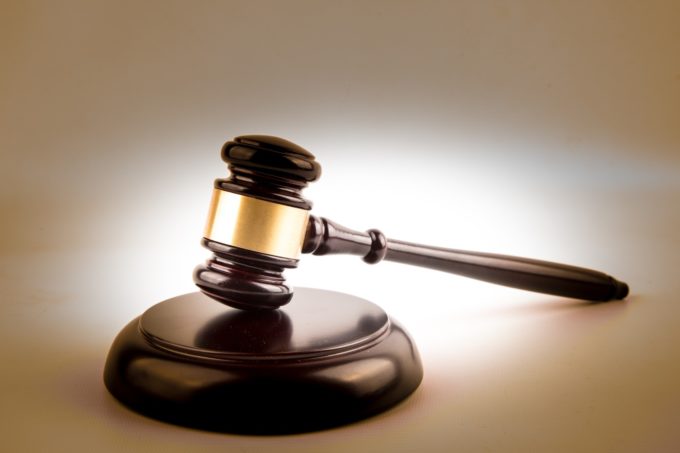
Google v. Equustek: United States Federal Court Declares Canadian Court Order Unenforceable
By Alicia Loh – Edited by Mark Weston
Google LLC v. Equustek Solutions Inc., 2017 WL 5000834 (N.D. Cal. Nov. 2, 2017) hosted by law.scu.edu
Last week, the District Court for the Northern District of California granted Google’s motion for preliminary injunctive relief in Google LLC v. Equustek Solutions Inc., 2017 WL 5000834 (N.D. Cal. Nov. 2, 2017). Google sought an order and declaratory statement that a Canadian court order to delist Datalink search results globally cannot be enforced in the United States.
This case arises initially from a 2011 patent dispute in Canada between Equustek Solutions Inc. (“Equustek”) and Datalink Technologies Gateway LLC and affiliates (“Datalink”). Datalink had been falsely selling its own products as Equustek products and incorporating Equustek’s trade secrets into their own designs. The primary individual defendant fled the country after refusing to comply with several Canadian court orders. Google blocked more than 300 Datalink websites from its Canada-specific search results, but did not delist the sites on search results to users outside of Canada, such as those on Google US. In the Canadian case Google Inc., v. Equustek Solutions Inc., [2017] 1 S.C.R. 34 (Can.), the Canadian Supreme Court affirmed a trial court decision ordering Google to delist Datalink search results worldwide.
The District Court for the Northern District of California granted preliminary injunctive relief against that Canadian court order on the grounds that that the Canadian order likely disregards Section 230 of the Communication Decency Act of 1996, 47 U.S.C. § 230, deprives Google from benefits of U.S. federal law, and undermines the public interest that Section 230 protects – safeguarding free speech on the global internet. Equustek sent the court a letter declaring their intention not to defend against Google’s suit.
District Judge Edward J. Davila found that Google met the requirements for Section 230 immunity that protects providers of interactive computer services from liability arising from content created by third parties. Section 230(c)(1) states that “no provider or user of an interactive computer service shall be treated as the publisher or speaker of any information provided by another information content provider.” Google is a provider of an interactive computer service, and the information in question (the Datalink websites) is provided by Datalink. Unlike the US, the Canadian court treats Google as a publisher with its order to remove third party content from its search results.
In its decision, the Canadian Supreme Court encouraged Google to bring the issue back to the courts should it have evidence that the order would violate the laws of another jurisdiction. Corynne McSherry and Vera Ranieri of the Electronic Frontier Foundation (“EFF”) state that Google can take this injunction back to the Canadian courts as evidence that the Canadian order violates US laws and ask for a modification. Eric Goldman agrees with these next steps and finds it unlikely that this US court ruling will be the final word on the matter. Canadian courts could re-litigate the US law question, recognize the error of their prior rulings, or do nothing at all to resolve the conflict in laws.
Should Google be forced to obey the Canadian order, there are free speech implications for the internet of the future. The EFF suggests that there would be a “race to the bottom” where countries with weaker free speech protections would edit the internet. Goldman sees a future where the internet reflects the most restrictive laws around the world. He highlights the same policy questions being raised by Europe’s right to be forgotten, allowing European Union citizens to remove certain types of search results. France in particular is pushing for right to be forgotten related links to be removed globally. In contrast, Andrew Keane Woods, for Lawfare, finds that the conflict in laws is and will be a limiting principle on global takedown orders.
Alicia Loh is a 1L student at Harvard Law School.